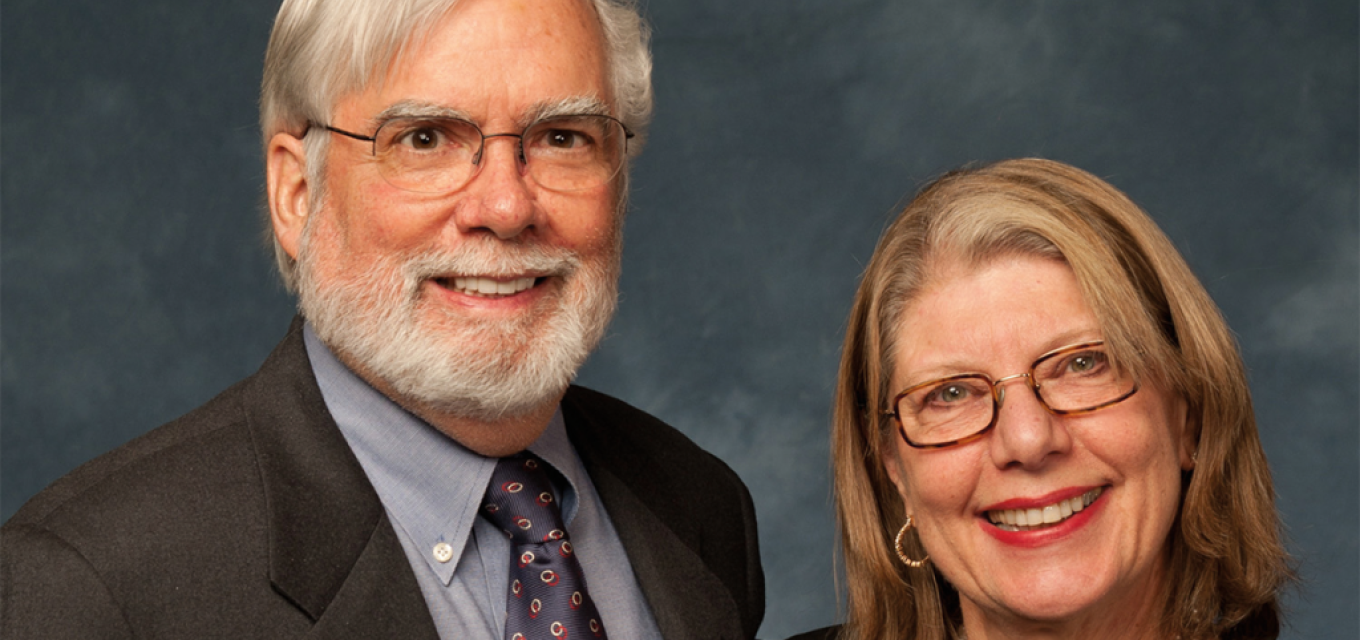2021 Fall

Protecting elders
Support for social work protecting elders.
Nine years after she received a degree in English, Iris Freeman returned to school, this time to seek a master’s in social work. Her interests and community work were increasingly in the cause of social justice, and as a result of her MSW field placements, she began to concentrate more on late-life issues.
Shortly after graduating in 1977, she accepted a position as director of a demonstration program in advocacy for nursing home residents. “In the 23 years that I held a leadership position in what would become the Advocacy Center for Long-Term Care, we built programming in direct service, community education, professional education, and state public policy reform,” she says.
Freeman then became the first public policy director for the Alzheimer’s Association, MN-ND, and worked for the association as staff and then consultant. She then began teaching as a community faculty member in the School of Social Work in 2003 and at the William Mitchell College of Law (now Mitchell Hamline School of Law) in 2008. Currently, she also serves on multiple boards and committees locally and two nationally, all in the arena of preventing and responding to elder abuse.
Freeman feels so strongly about elder protection, that she and her husband, Warren Woessner, have established the Iris C. Freeman and Warren D. Woessner Elder Justice Fund. The fund is to support social work graduate students interested in elder protective services, advocacy for vulnerable elders, or elder justice policy.
“Social work in adult protective services and in long-term care settings are rarely the first objectives people have in starting work on their degrees, yet the needs are significant, and for me, the rewards are deep,” she says. “I hope that the scholarship provides an incentive for those who lean toward this work but need financial assistance.”
Freeman says she hopes, not only through the scholarship assistance, but by talking with students who receive the help, to foster a commitment to adult protective services, elder care, dementia care, and advocacy to counter ageism. This is why she finds it so important to give back.
“It’s my favorite way to celebrate having the ability to do so,” she says.
Photos courtesy of Iris Freeman
-Kevin Moe